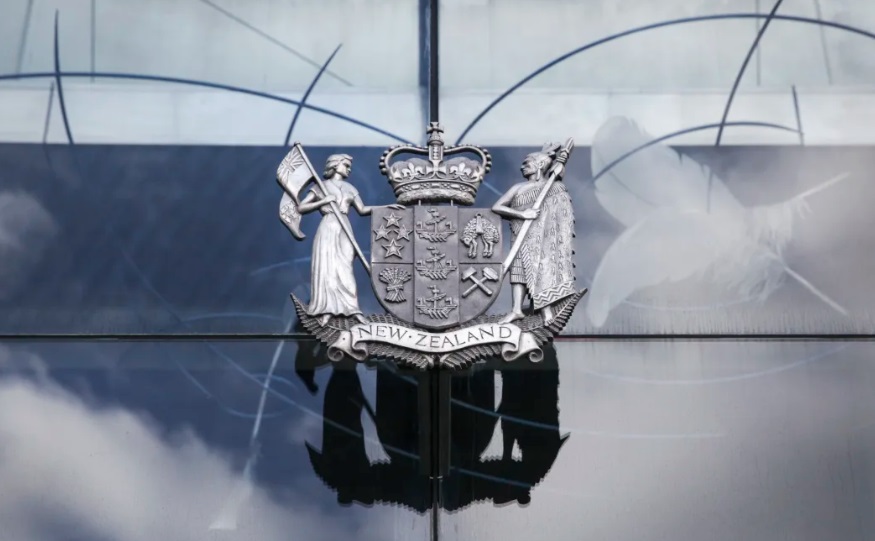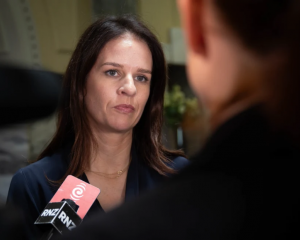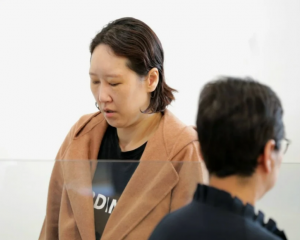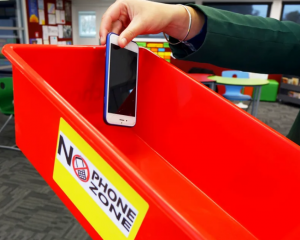
The long-running Wellington rape case, which at one point involved multiple complainants, ended last year after a second trial with one man being sentenced to three years and nine months in jail on a single charge.
At his sentencing in the Wellington District Court in January, Judge Peter Hobbs refused permanent name suppression - but let it continue to allow him to appeal that decision.
The police investigation - code-named Operation Emerald - was triggered by dozens of allegations of sexual assault that surfaced on social media.
In the High Court at Wellington on Thursday, the appellant's lawyer Sam Campbell challenged Judge Hobbs' decision - arguing the social media "firestorm" would restart if name suppression was lifted.
He spoke of his client's experience of receiving "extreme, vile, horrific" messages that included death threats, and "deeply racist rhetoric".
That also extended to a home invasion. Before his first trial, the man's home was broken into and he found spray paint all over the walls, including the word 'rapist'.
"[The appellant]'s been terrified and in extreme fear, ever since the initial allegations were first made," Campbell said.
Interim name suppression had been effective, and the outbursts died down once that was in place, but revealing his name would change that, he argued.
The lawyer also said the appellant's name was "highly identifiable", and that he had no support from friends or family.
The man was still young and had the chance to rehabilitate when he left prison, which would be hampered if his name was made public, Campbell said.
The combination of those factors led to a "very unusual case" which met the test for extreme hardship, and permanent name suppression should be granted, he said.
Although Crown lawyer Nicole Jamieson accepted the social media commentary directed towards the man was "horrific", she argued that was isolated to before the trial - and there was no indication it would happen again.
During his second trial the man was on bail, living in the community and those who had made social media remarks knew who he was, but there had been "no further incidences", Jamieson said.
If the man's name was made public he would likely still be in prison at that time, and any social commentary - which "wouldn't be to the same extent" as it was previously - would have subsided by the time he was released, she argued.
There was public interest in the case, and the principles of open justice should point to the appeal being declined, Jamieson said.
Justice McQueen reserved her decision.













